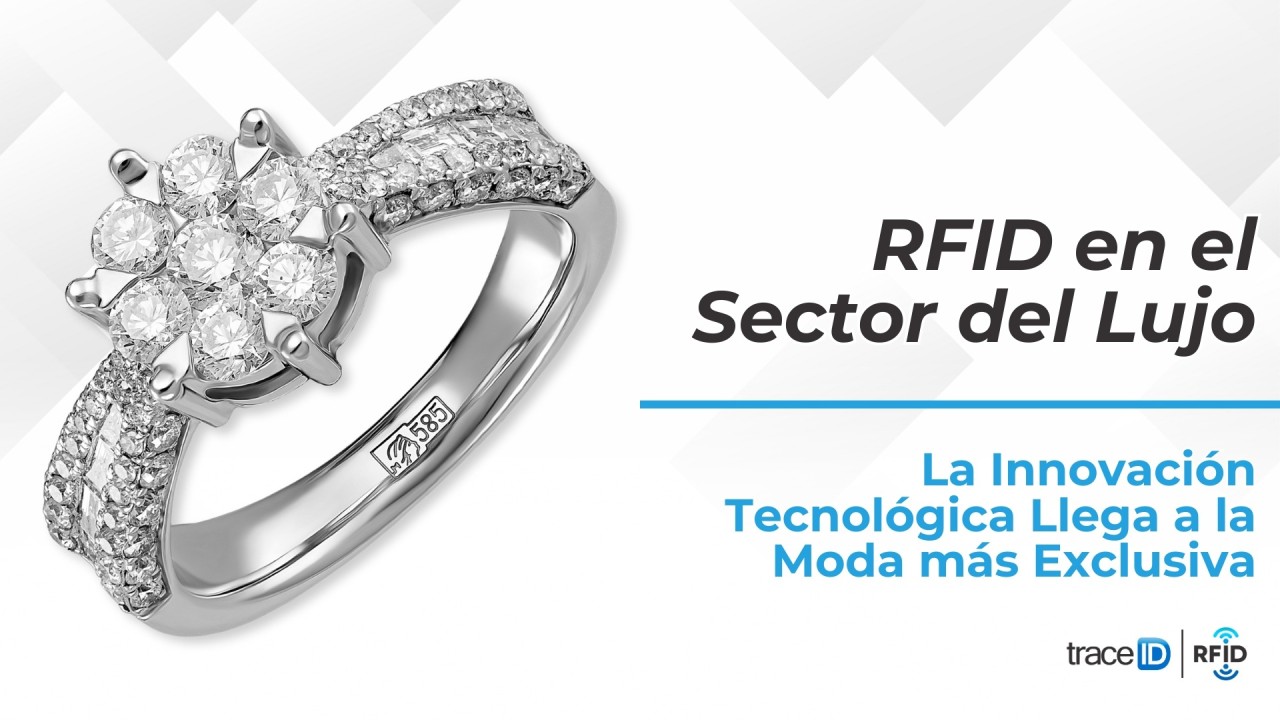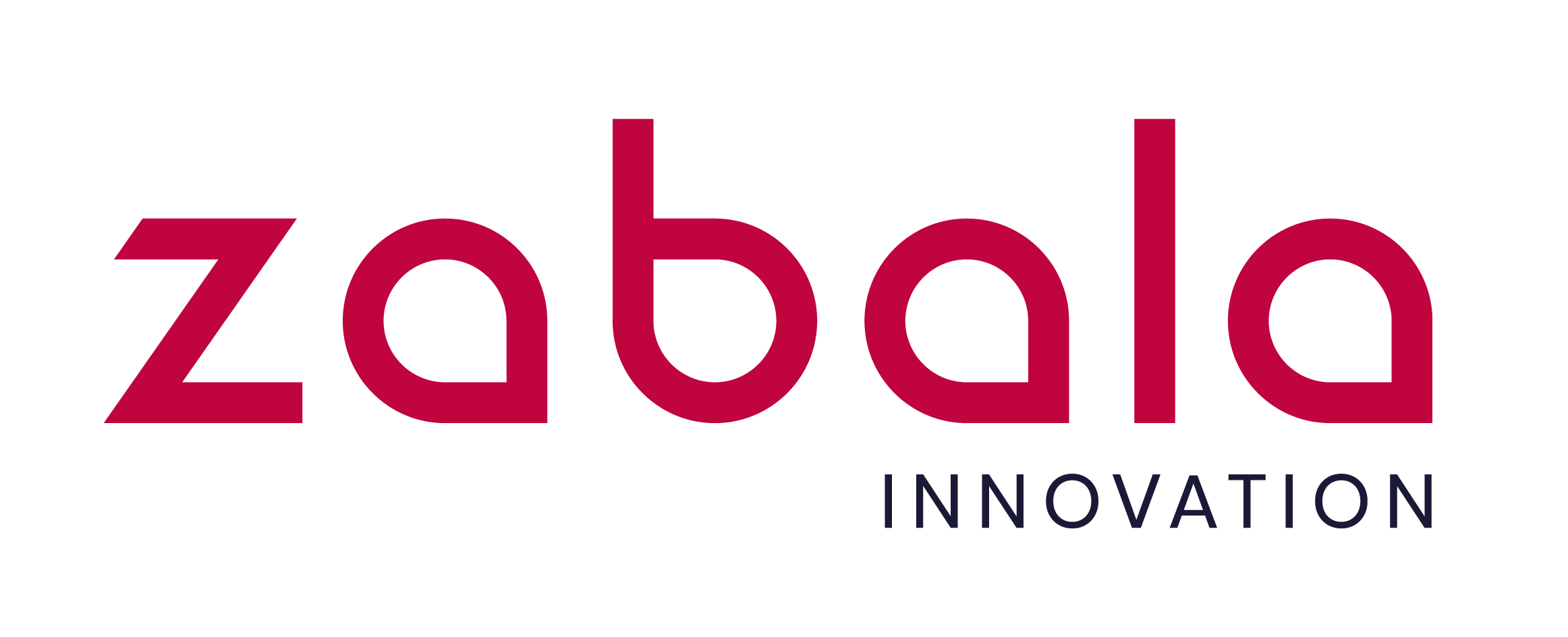Technological innovation comes to the most exclusive fashion
The implementation of RFID technology in fashion is becoming increasingly common and an innovative way to save time and money. Over the years, the textile industry has had a reputation for being slow to adapt to anything to do with technology. However, when companies make the leap into innovation, they transform their businesses and leave the competition behind.
As in any other business, the more efficient the operations, the more time and money is saved. For these reasons, the fashion industry, and more specifically the luxury industry, must be part of the technological transformation.
Although cost and time savings are a major plus point of this innovative solution, the luxury sector can find numerous additional advantages that allow it to differentiate itself from the competition. One of them is directly related to the companies’ objectives: improving sales and customer loyalty.
Infrastructure and Complementary Technologies in the Luxury Sector
RFID implementation in luxury retail is not only focused on inventory management, but also on integration with other key technologies:
-
ERP and CRM: Advanced synchronisation of customer and product data.
-
Intelligent Security Systems: RFID helps prevent theft through integrated item alarms.
-
Personalised Customer Experience: Enables retailers to access detailed product information and customer preferences in real time.
-
Big Data and Machine Learning: Analysis of buying patterns to personalise recommendations and marketing strategies.
Strategic Benefits of RFID in Luxury Retailing
1. Security and Theft Prevention
Luxury shops handle high-value products such as jewellery, watches and designer goods, so security is a priority. RFID enables:
-
Automatic alerts in case of unauthorised movements.
-
Integration with video surveillance systems for real-time tracking.
-
Identification of theft attempts without the need for direct visual contact.
2. Accurate Inventory Management
RFID technology enables luxury brands:
-
Conduct inventory audits in seconds with 99% accuracy.
-
Ensure exclusive pieces are available at the right time.
-
Optimise distribution between boutiques to maximise sales and availability.
3. Personalised Customer Experience
RFID tags allow sales advisors to access detailed product information, such as:
-
Manufacturing history and material provenance.
-
Availability in different locations or customised models.
-
Previous customer preferences for a unique shopping experience.
4. Streamlining the Sales Process
Luxury shops require smooth and efficient shopping processes. RFID enables:
-
Elimination of manual barcode scanning.
-
Faster payments with simultaneous detection of multiple products.
-
Immediate recording of the item sold, avoiding duplication or loss of stock.
5. Anti-Counterfeiting
Counterfeiting is a major threat to the luxury industry. In Europe alone, the industry loses approximately ¤26.3 billion annually and 363,000 direct jobs due to counterfeit products. RFID is helping to combat this problem by making it possible:
-
Unique identification and traceability of each product.
-
Real-time verification of authenticity.
-
Detailed record of the history of each item.
Types of RFID Tags Used in the Luxury Industry
1. RFID Tags Integrated in Jewellery and Watches
RFID chips hidden in products without compromising aesthetics.
Detailed tracking of high value items.
Ability to verify authenticity and provenance.
RFID in Jewellery
2. Passive RFID Labels for Clothing and Accessories
Battery-free, activated by RFID readers in the shop.
Used to manage stock and improve real-time replenishment.
Facilitate monitoring of high-end and limited edition garments.
RFID Tag and Zebra RFID Reader
RFID Success Stories in Luxury Brands
1. LVMH: Inventory Management and Counterfeit Prevention
LVMH has implemented RFID in brands such as Louis Vuitton and Dior to improve product traceability and prevent counterfeiting. Thanks to RFID, customers can verify the authenticity of their purchases via mobile applications.
2. Cartier: Security in Jewellery Stores
Cartier has incorporated RFID tags into its jewellery to prevent theft and improve real-time inventory management. This has reduced losses and improved efficiency in the replenishment of exclusive pieces.
3. Prada: Personalised Shopping Experience
Prada has integrated RFID into its customer management system, allowing advisors to offer recommendations based on previous purchases and individual preferences, increasing the personalisation of service.
4. Rolex: Watch Tracking and Authenticity
Rolex has incorporated RFID into its most exclusive models, allowing detailed control of each watch from manufacture to sale, guaranteeing authenticity and exclusivity.
5. Burberry: Omni-Channel and Synchronised Stock
Burberry has used RFID to integrate online and in-store inventory, allowing customers to shop omni-channel with complete security and immediate availability.
RFID in-store in Apparel
Technology and luxury must go hand in hand. Just as lower-cost fashion companies are constantly updating and renewing their modus operandi when it comes to selling, those in the luxury sector must not be left behind. RFID has made a difference in security, inventory management and personalisation of customer service. Exclusive brands have adopted this technology not only to optimise their operation, but also to offer an innovative and reliable shopping experience.
If you are part of a luxury brand and you are looking to improve product traceability, minimise losses and enhance the exclusivity of your service, RFID technology is the ideal solution to increase the efficiency and prestige of your business.
Do you want to know how to implement RFID in your luxury shop? Contact us at info@trace-id.com and discover how our tags and solutions can transform your brand.
Contact us for more information focused on your needs. If you wish to receive information about RFID technology, subscribe to our magazine.






